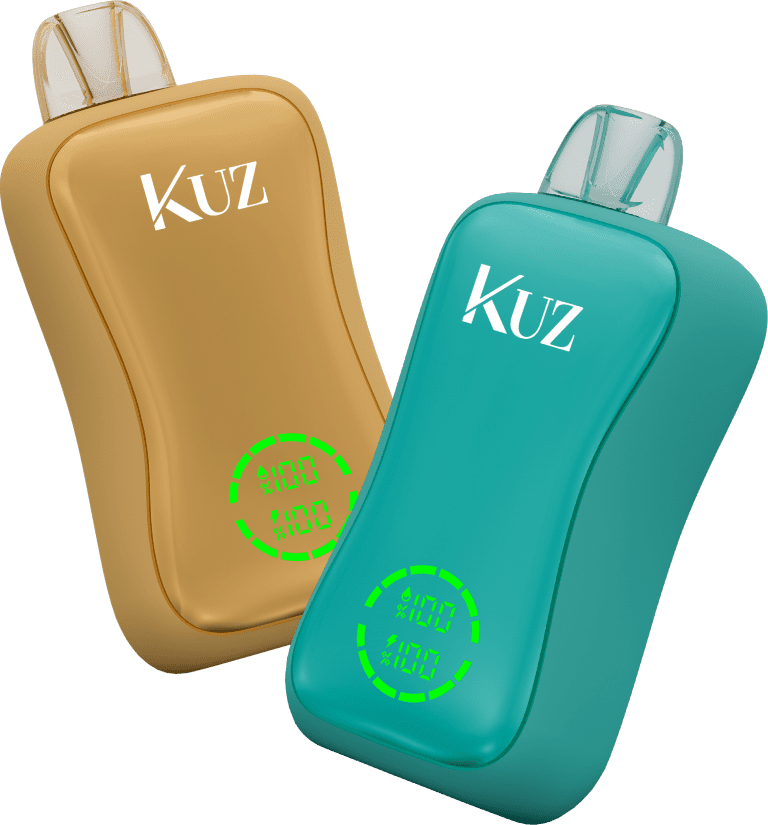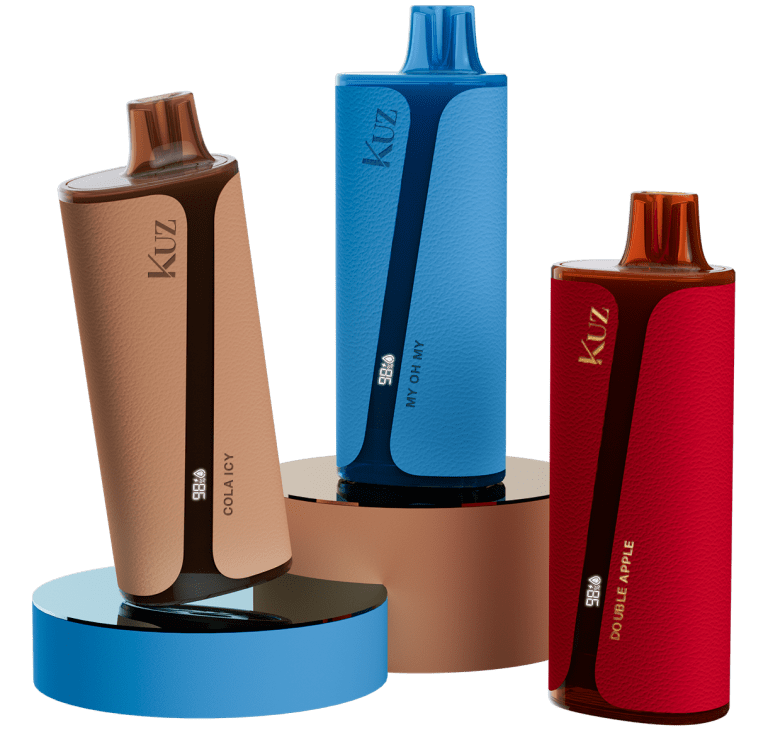Louisiana has recently become a battleground for vape regulations, with significant legislative changes aiming to curtail the availability of many vaping products. This shift is largely driven by concerns over youth vaping and the need to regulate products that have not been approved by the U.S. Food and Drug Administration (FDA).
A Closer Look at Act 414
Act 414, passed in 2023, is at the heart of the current vaping controversy in Louisiana. The law was designed to address public health concerns, particularly the rising rates of youth vaping, by imposing stricter regulations on the sale of nicotine and vape products. One of the most impactful provisions of this law is the requirement that all vape products sold in the state must be registered with the Louisiana Office of Alcohol and Tobacco Control (ATC) and listed in the newly established V.A.P.E. Directory.
However, the implementation of Act 414 has not been without controversy. Vape shop owners and consumers alike have expressed frustration over the law’s restrictions, which have led to a significant reduction in the variety of vape products available for purchase. The law has also sparked legal battles, with the Louisiana Convenience and Vape Association challenging the law’s constitutionality, arguing that it oversteps its bounds by banning products that many consumers rely on as an alternative to smoking.
Enforcement and Legal Challenges
Despite the legal challenges, the enforcement of Act 414 has moved forward. As of March 2024, the ATC has resumed enforcing the ban on non-FDA-approved vape products, which includes many popular disposable vapes that have not gone through the lengthy FDA approval process. Businesses that continue to sell unapproved products face steep fines and potential closures, putting additional pressure on already struggling vape shops.
The law’s phased enforcement approach has given some businesses time to adjust, but the overall impact has been substantial. Many retailers have had to clear their shelves of non-compliant products, leading to a reported 60% drop in sales for some shops. This economic strain has resulted in layoffs and has forced some stores to close entirely.
Consumer Impact and Public Health Considerations
For consumers, the new regulations mean fewer choices and potential difficulties in accessing their preferred vape products. The limitations have been particularly frustrating for those who use vaping as a method to quit smoking. The reduction in available products could push some consumers back to traditional cigarettes, undermining the public health goals that the law intends to achieve.
On the other hand, supporters of the law argue that it is a necessary step to protect young people from the risks associated with vaping. By restricting access to flavored vapes and other products that appeal to minors, Louisiana aims to reduce the rates of teen vaping and prevent the onset of nicotine addiction at an early age.
The Future of Vaping in Louisiana
As the legal battles continue, the future of vaping in Louisiana remains uncertain. The outcome of the ongoing court cases will likely determine whether Act 414 will remain in its current form or be modified to address the concerns of retailers and consumers. Meanwhile, vape manufacturers are under increasing pressure to obtain FDA approval for their products if they wish to continue selling them in Louisiana.
For now, both consumers and business owners in Louisiana must navigate this complex regulatory landscape, staying informed and adapting to the changes as they unfold.



